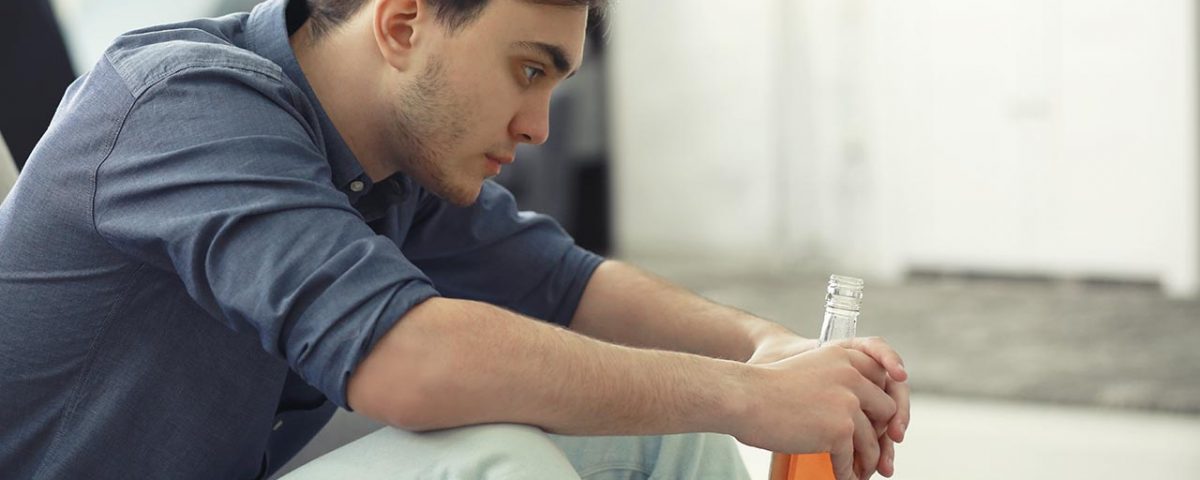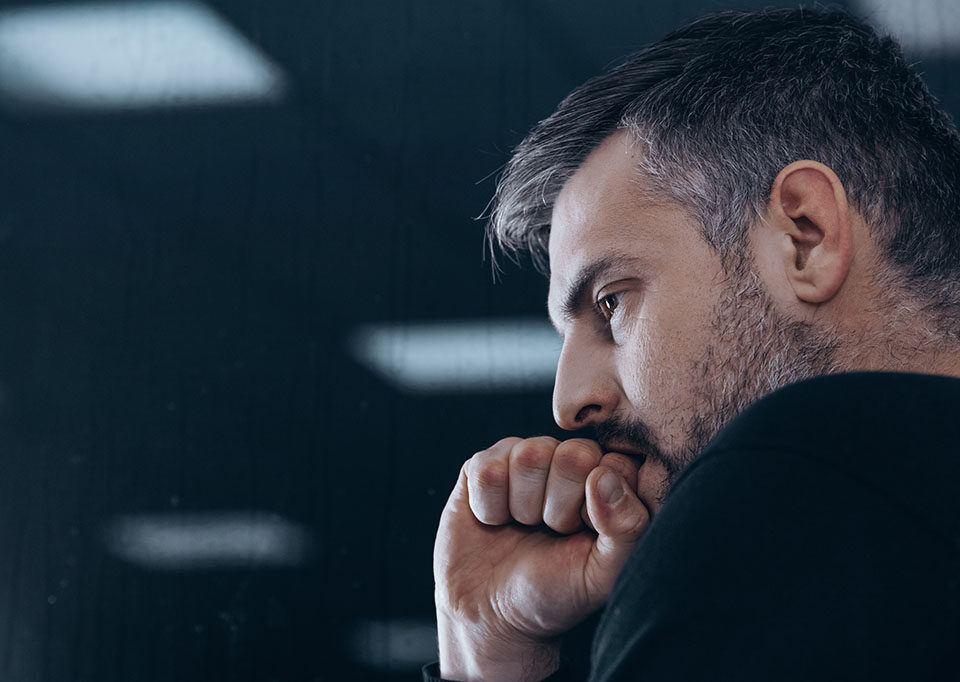While bumping your head on something and suffering a momentary feeling of pain (and potentially embarrassment) is one thing, a concussion is an entirely different story.
Much more severe, a concussion is a traumatic brain injury that can impact brain functioning, and symptoms may even last more than a year in some cases. Because there is little currently known about what people can do to recover besides resting their brains, there are also many misconceptions about concussions. Some of these misconceptions center around drinking alcohol with a concussion, but these aren’t the only false theories out there.
For years, people were told to wake someone up every hour at night following the day of their concussion, but this is now thought to be mostly unnecessary.1 Another misconception is that the person will always lose consciousness.2 There are also many different tales about concussions and drinking alcohol, but what is the truth? Our drug rehab in Chicago is going over what really happens when you drink with a concussion.
Can You Drink Alcohol With a Concussion?
Drinking alcohol with a concussion can be damaging to the brain’s recovery. It may prolong symptoms or, in some cases, even make them worse. Because alcohol is a psychoactive substance, it alters brain function. A concussed brain can be especially sensitive to these changes, which can make the effects of alcohol more pronounced.
Even just one drink with a concussion could lead to intoxicating effects that make concussion symptoms worse. Alcohol is a neurotoxin that can kill brain cells and make recovery more challenging when the brain is trying to heal. Your best bet is to avoid drinking altogether after a concussion.
Along with hindering recovery, having alcohol after a concussion could potentially lead to further injury. A concussion can lead to confusion, impaired coordination, or cause dizziness. When combined with alcohol that has similar effects, the results may be stronger symptoms that can lead to injury from a fall or accident. If someone with a concussion experiences another brain injury, it could lead to permanent brain damage.
Unfortunately, not everyone is willing or able to give up drinking alcohol with a concussion. If you find yourself or a loved one unable to stop drinking after a concussion, they may have an alcohol problem and need inpatient or outpatient addiction treatment to get better.
Common Misconceptions About Alcohol and Concussions
Two topics that frequently lead to misunderstandings and misconceptions are alcohol and concussion recovery. It is critical to dispel these myths and provide correct facts to encourage educated decision-making and improved concussion management.
Some widespread misconceptions about drinking after a head injury include the following:
- Alcohol speeds up the healing process: It's a popular myth that drinking alcohol helps hasten concussion recovery, but this couldn't be further from the truth. Alcohol actually has the potential to impair cognition and interfere with the brain's natural recovery processes. Alcohol can obstruct the brain's ability to repair itself, which could make recovery time longer. The brain needs enough rest and time to recuperate.
- Moderate alcohol use poses no major risk: This is a common misperception among people who are recovering from concussions. Light drinking can hinder the brain's healing process and potentially delay recovery, even if it may not have immediate severe consequences. Alcohol can impair cognitive function and prevent the regeneration of brain cells, even in tiny amounts.
- Alcohol encourages sleep and relaxation, which helps with recovery: Some people wrongly think that drinking alcohol might promote relaxation, which helps with concussion recovery. But there is a misconception here that needs to be cleared up. Though alcohol may initially make you feel tired and encourage sleep, it ultimately reduces sleep quality and makes it harder for your brain to repair and regenerate.
Concussions and Illicit Drug Use
Drinking with a concussion isn’t the only thing you should avoid. Psychoactive substances and sometimes neurotoxins, as well as illicit drugs like cocaine and methamphetamine, can cause damaging effects on the brain without any pre-existing damage. Like with alcohol, taking these illicit drugs when you have a concussion can hinder the recovery process or make concussion symptoms worse. It is best to avoid taking any unnecessary drugs when you have a concussion and get any medications you do take cleared by your doctor.
Heal Properly at Our Illinois Drug Rehab
If you find yourself drinking or using drugs regardless of a concussion or other brain injury, you may need help. Our Chicago drug rehab helps people move past their drug and alcohol problems through our options for Illinois addiction treatment. Patients will participate in a number of therapy programs that allow them to address the mindsets that led them to this position in the first place.
By quitting, you may even avoid further injury, as anywhere from 30 to 50% of people with a traumatic brain injury got hurt while they were under the influence of alcohol, and about 33% were under the influence of drugs.3
Whether you need help for yourself or want to learn more about getting your loved one into rehab, call Banyan Treatment Centers Chicago today at 888-280-4763.
Sources
- UAMS Health - Is it Safe to Sleep if You Have a Concussion?
- Michigan Health - 8 Common Misconceptions About Concussions
- MSKTC - Alcohol Use After Traumatic Brain Injury
Related Reading









